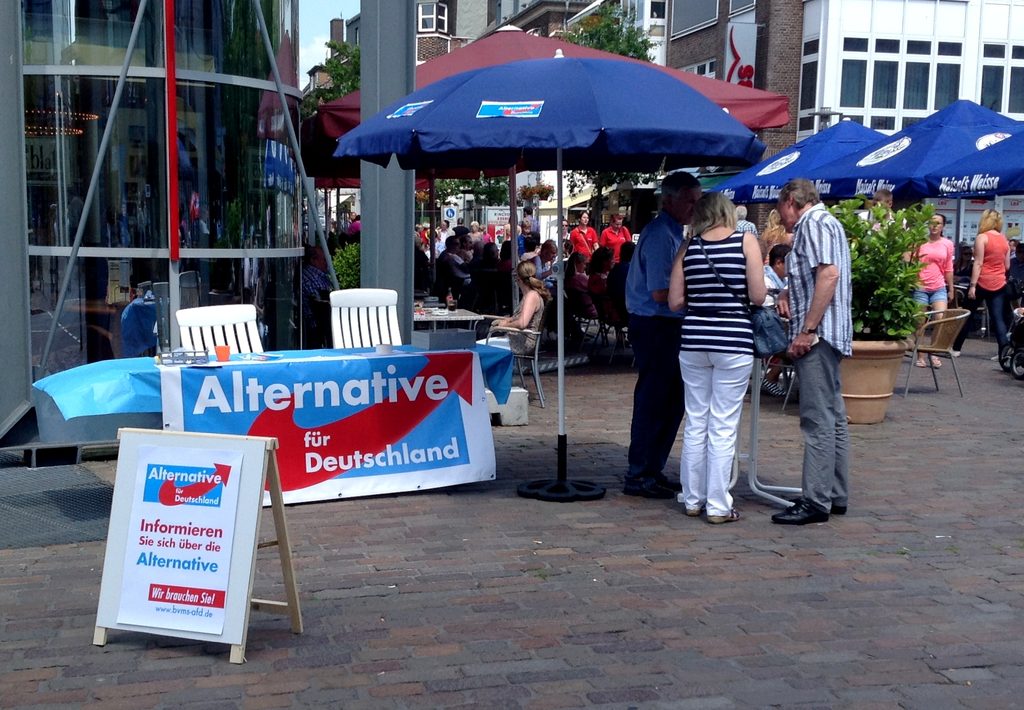The German far-right party Alternative for Germany (AfD) won its first-ever local election on Sunday with Robert Sesselmann being named district administrator in the former East German municipality of Sonneberg.
The result saw Sesselmann win with 52.8%, becoming the first AfD politician in a position of power, reflective of the far-right party’s growing popularity as they are currently polling between 18% and 20% at the national level.
Sesselman beat the incumbent district administrator Jürgen Köpper of the conservative party CDU, which will result in the far-right governing over Sonneberg, one of Germany’s smallest districts, for the next six years.
His election comes despite the regional chapter of his party in Thuringia, where the district of Sonneberg is located, having been put under surveillance by intelligence services for extremism.
Electors in Sonneberg nonetheless voted for the AfD, with the party seemingly gaining ground both regionally and nationally.
Rising German far-right
The party had first entered parliament after obtaining 12.6% in the 2017 federal elections, having run on an anti-immigration platform in response to the German Government's decision to welcome refugees into the country.
Six years later, the party is reaching its high-ever results in the national polls, with a risk of them the second-largest party in Germany, galvanising voters over the Russian war in Ukraine and its consequences on the German population.
Amidst rising energy bills and an economic slowdown, Germans are seemingly making their opposition known to the current government, which is composed of the centre-left party SPD, the Greens and the liberal party FDP.
Social media propaganda
Citizens’ discontent has especially been felt in the former East German regions, including Sonneberg, which have been hit the hardest by economic hardship.
Moreover, the AfD has heavily utilised social media to reach a larger number of voters, with the party using the rare stories of crimes committed by asylum seekers in the country to drive up support for their anti-immigration policies.
The party will now seek to transfer its current polling numbers into sustained electoral success at next year’s state elections, including in the province of Thuringia where Sonneberg is situated.

